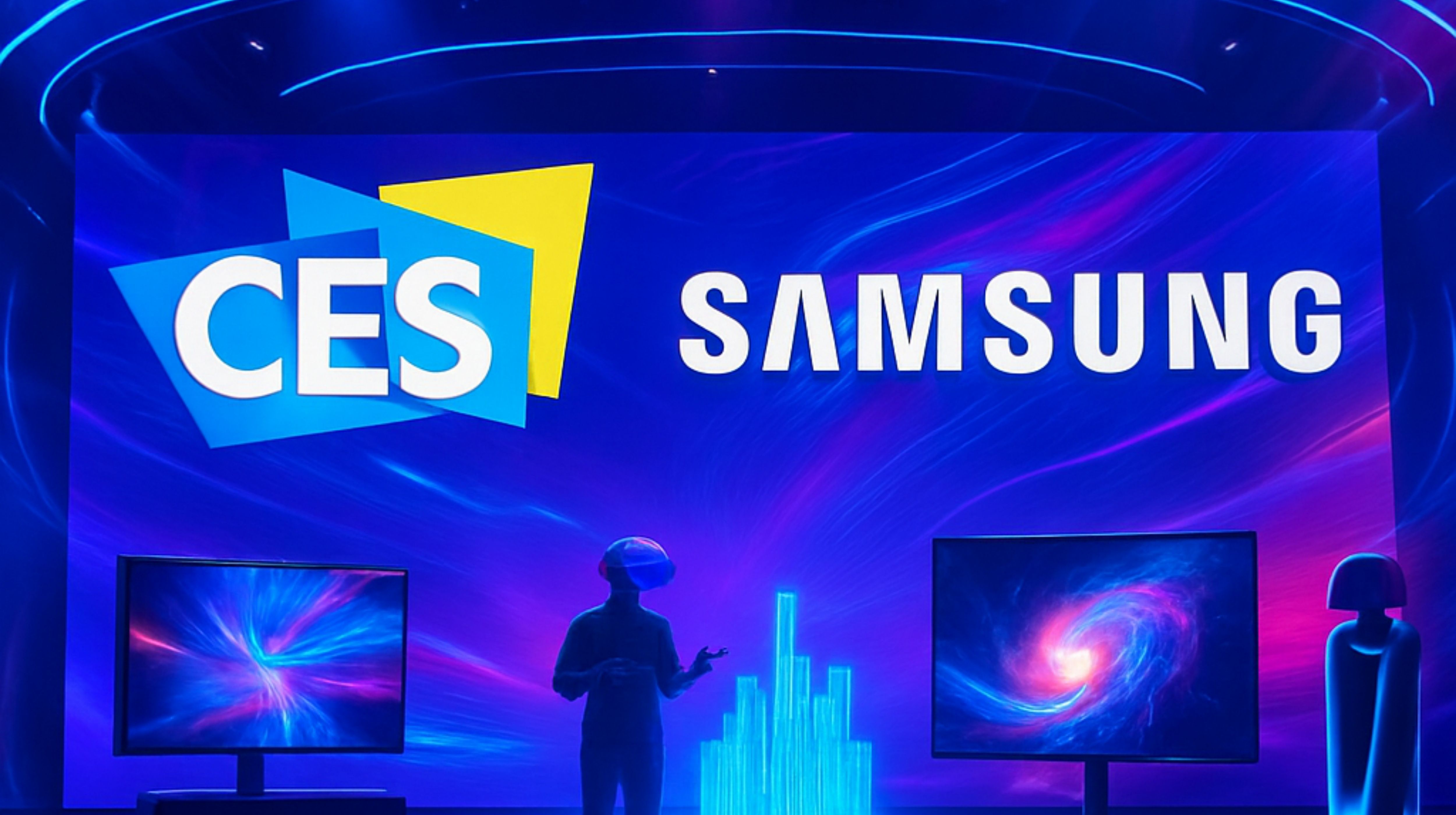Qualcomm expects robotics to become a significant business opportunity within two years, according to chief executive Cristiano Amon. The company is increasingly expanding beyond smartphones as it searches for new long-term growth markets.
Earlier this year, Qualcomm introduced its Dragonwing processor designed specifically for robotics applications. The chipset aims to operate across multiple robotic platforms using a scalable approach similar to its successful mobile processor strategy.
Industry enthusiasm for robotics has grown alongside rapid advances in AI technologies. Often described as ‘physical AI’, these systems allow robots to interpret surroundings and perform complex tasks more effectively.
Market forecasts suggest strong future demand, with analysts predicting robotics could develop into a multi-trillion-dollar global industry. Technology leaders across the semiconductor sector increasingly view intelligent machines as a major next computing platform.
Robotics innovation featured prominently at Mobile World Congress in Barcelona, where companies showcased emerging autonomous machines. Growing investment highlights intensifying competition to shape the future of AI-powered automation worldwide.
Would you like to learn more about AI, tech and digital diplomacy? If so, ask our Diplo chatbot!










